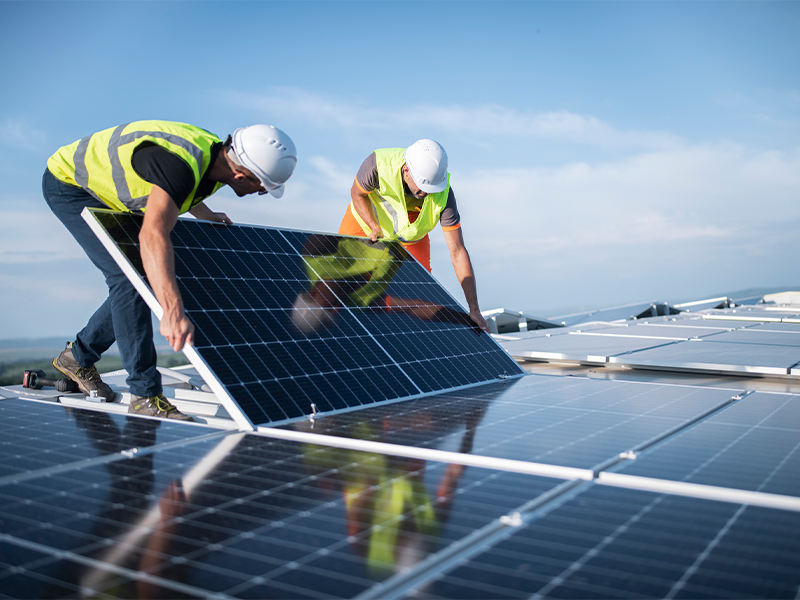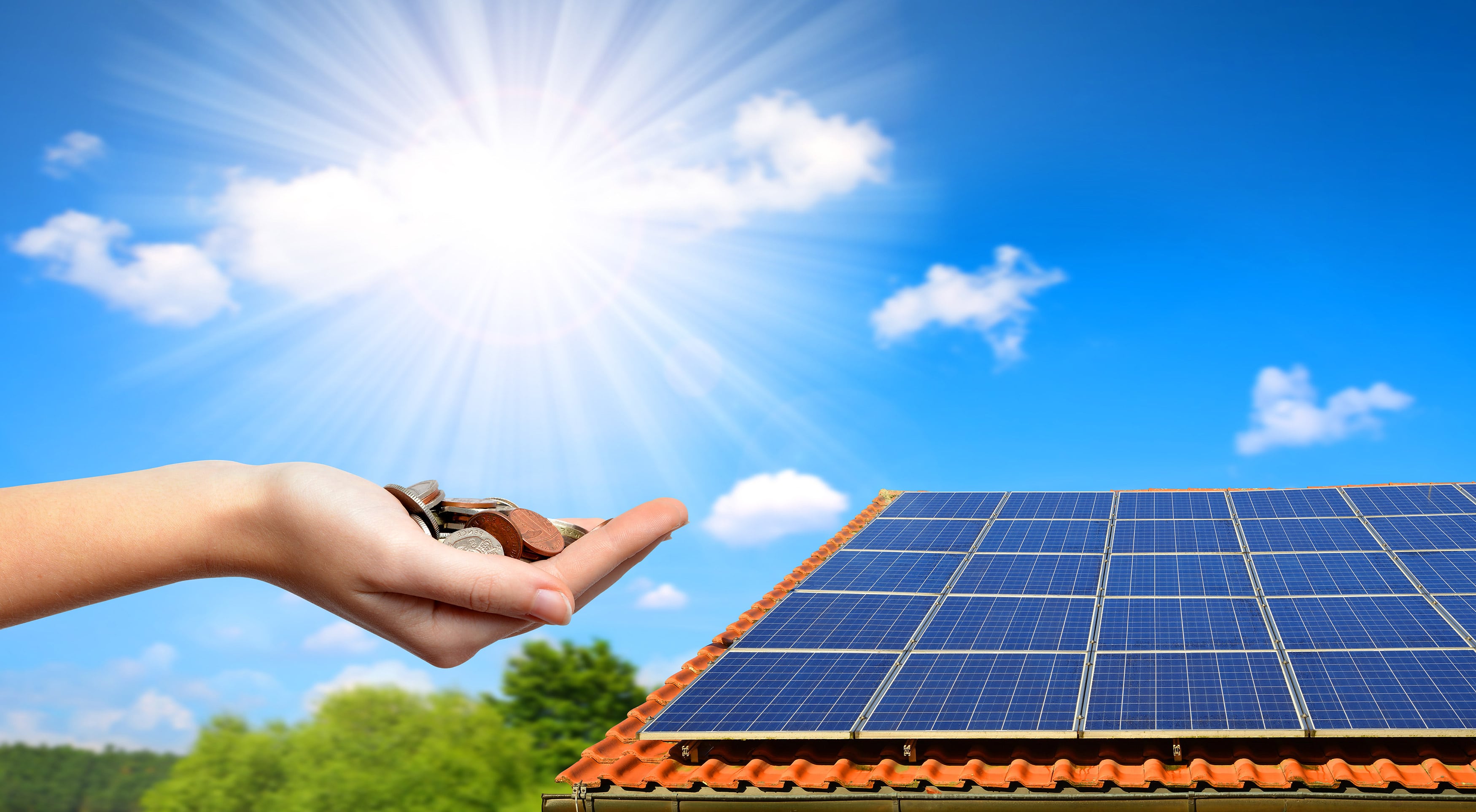Exactly How Solar Energy Can Assist You Conserve Cash and Lower Your Carbon Impact
The assimilation of solar energy right into your power profile provides a compelling opportunity for both financial savings and environmental stewardship. By harnessing the sun's power, house owners can considerably decrease their month-to-month utility expenditures while likewise guarding versus the unpredictability of future energy expenses. The change to solar contributes to a significant decline in carbon exhausts, lining up personal financing with wider environmental goals. As numerous federal government incentives appear, the question emerges: exactly how can one efficiently browse the preliminary investments and recurring benefits of solar modern technology to make the most of both financial and environmental gains?
Comprehending Solar Energy Financial Savings
While the transition to solar power usually entails a first financial investment, recognizing solar power financial savings is crucial for homeowners and businesses alike. Solar energy systems can significantly reduce electricity costs by using the sunlight's power, equating into substantial lasting economic advantages.
Additionally, solar power systems may get numerous economic rewards, including tax debts and discounts, additionally enhancing their cost-effectiveness. The availability of internet metering permits customers to market excess energy back to the grid, creating an added earnings stream. These aspects contribute to the overall financial savings connected with solar power.

Along with route financial savings, solar power provides the added benefit of enhancing building value. Houses geared up with solar panels are typically a lot more appealing to purchasers, as they guarantee lower energy costs - Simply Solar Illinois. Understanding these elements is essential for anyone considering solar power, as it highlights not simply the potential monetary gains, however likewise the wider ecological and financial advantages of embracing eco-friendly energy solutions
First Prices vs. Long-Term Advantages
When reviewing solar energy, it is essential to evaluate the preliminary costs versus the lasting benefits. The in advance investment for photovoltaic panels, installment, and related tools can be significant, usually varying from $15,000 to $30,000, relying on the system dimension and home energy demands. This first expenditure may deter some property owners; however, it is vital to take into consideration the potential cost savings over time.
When installed, solar energy systems can substantially minimize or perhaps eliminate monthly power costs, resulting in significant long-term economic advantages. Studies indicate that property owners can save anywhere from $10,000 to $30,000 over the life expectancy of their solar system, usually 25 years. Furthermore, lots of states offer rewards, tax credit reports, and discounts that can offset first expenses, making solar extra obtainable.

Decreasing Your Carbon Footprint
Lowering your carbon footprint is an essential factor to consider in today's ecologically mindful culture, and embracing solar energy is one of the most effective techniques to achieve this objective. Solar power is a clean, renewable energy that considerably decreases reliance on nonrenewable fuel sources, which are major factors to greenhouse gas exhausts.

Furthermore, the prevalent adoption of solar innovation encourages the advancement of green tasks and sustains advancements in energy storage and performance. The more people and companies buy solar energy, the greater the collective decrease in this article carbon emissions, promoting a cleaner ambience for future generations.
Government Motivations and Rebates
Embracing solar energy not only profits the setting however can also result in substantial financial savings, particularly with the schedule of government incentives and refunds. Numerous federal, state, and regional programs are made to encourage house owners and organizations to buy solar power systems, making the shift extra affordable.
One of the most famous motivations is the Federal Financial Investment Tax Credit History (ITC), which enables planetary system owners to subtract a substantial percent of the setup prices from their government tax obligations. This motivation has been crucial in decreasing the in advance expenditures related to solar energy systems. In addition, several states use their very own tax credit scores, grants, and rebates that can additionally enhance savings.
Furthermore, some regional governments provide residential property tax obligation exceptions for solar setups, making sure that house owners do not encounter increased residential property taxes as a result of their renewable energy financial investments. Energy companies might index additionally use rewards, including internet metering and feed-in tariffs, which allow solar power customers to offer excess power back to the grid.
Choosing the Right Planetary System
Choosing the appropriate planetary system is critical for maximizing power effectiveness and financial advantages. The decision depends upon a number of aspects, consisting of energy needs, budget plan, and available room. House owners should start by evaluating their electricity usage to determine the system dimension required for ideal performance.
Next, take into consideration the different sorts of solar innovations readily available. Simply Solar Illinois. Solar (PV) panels are one of the most common, converting sunlight directly right into electrical power, while solar thermal systems focus on heating water. Each kind has distinct benefits depending on private needs
Budget factors to consider are additionally critical. First installation expenses can differ significantly, so it is essential to contrast quotes from multiple carriers and explore financing alternatives. Federal government incentives and refunds can better reduce the monetary problem, making solar systems much more accessible.
Final Thought
The environmental benefits of solar power contribute to sustainable practices vital for combating environment modification. Government motivations improve the expediency of solar technology fostering, urging a shift towards a cleaner, extra financially effective power resource.